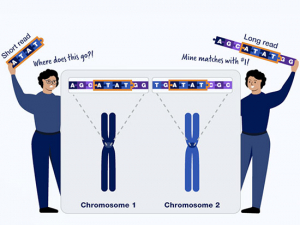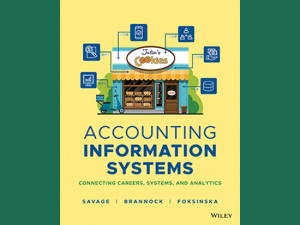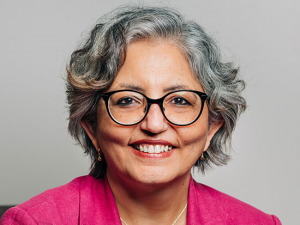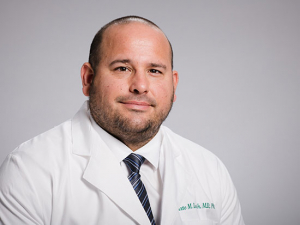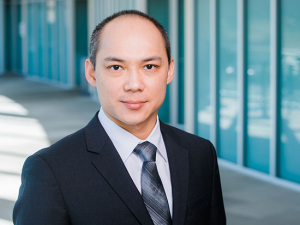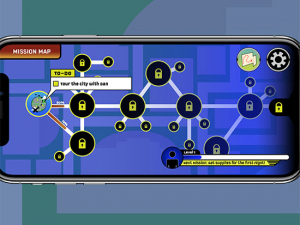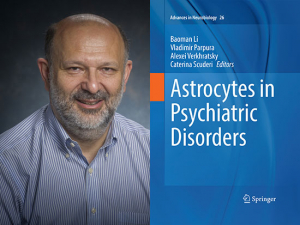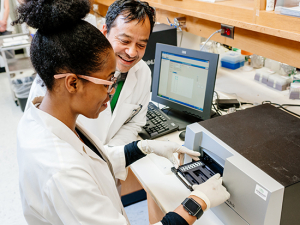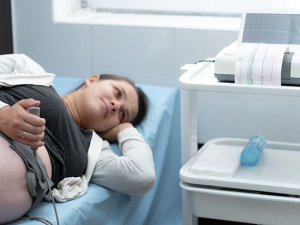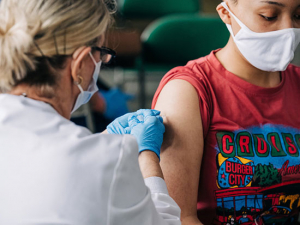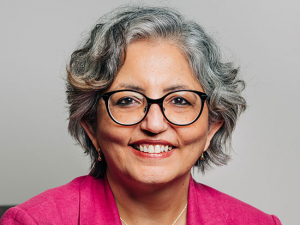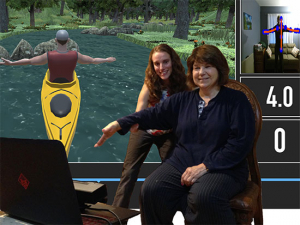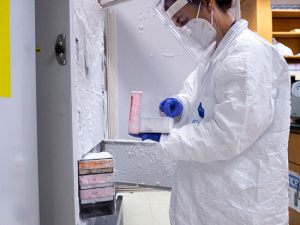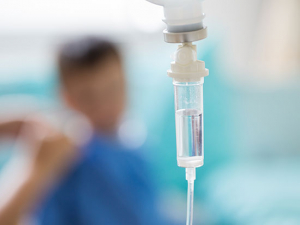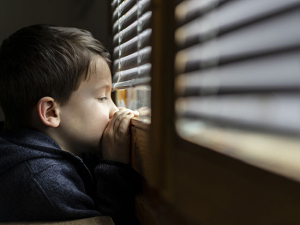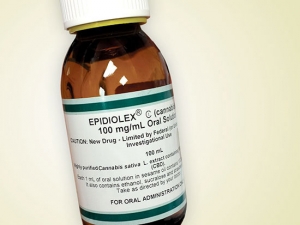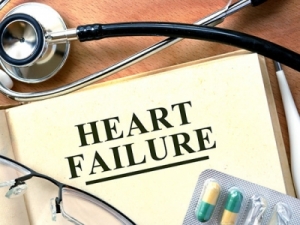
Matt Windsor
| This email address is being protected from spambots. You need JavaScript enabled to view it.Meet work opportunities or up-skill with new Collat professional courses
Highlighting data and diversity, this is an accounting text for today’s workplace needs
Professor Arline Savage, Ph.D., instructor/alum Alicja Foksinska and alum Danielle Brannock emphasize real-world applications, inclusion and insight from fellow Blazers in their new textbook for Wiley.
Despite gains in bone marrow transplant survival, late mortality still a concern, study finds
How seaweeds can help predict life on a warming planet
Leal appointed as inaugural SEBLAB scientific director
Searching for the holy grail of room-temperature superconductors with seriously big data and supercomputing
Navigating life after prison is ‘nearly impossible.’ These faculty are challenging civilians to try.
First-of-its-kind book explores astrocytes as emerging player in psychiatric disorders
Cells that act as the brain’s “housekeepers and guardians” could be targeted to treat depression, addiction disorders and eating disorders, according to research detailed by UAB neurobiologist Vladimir Parpura, M.D., Ph.D., and colleagues.

